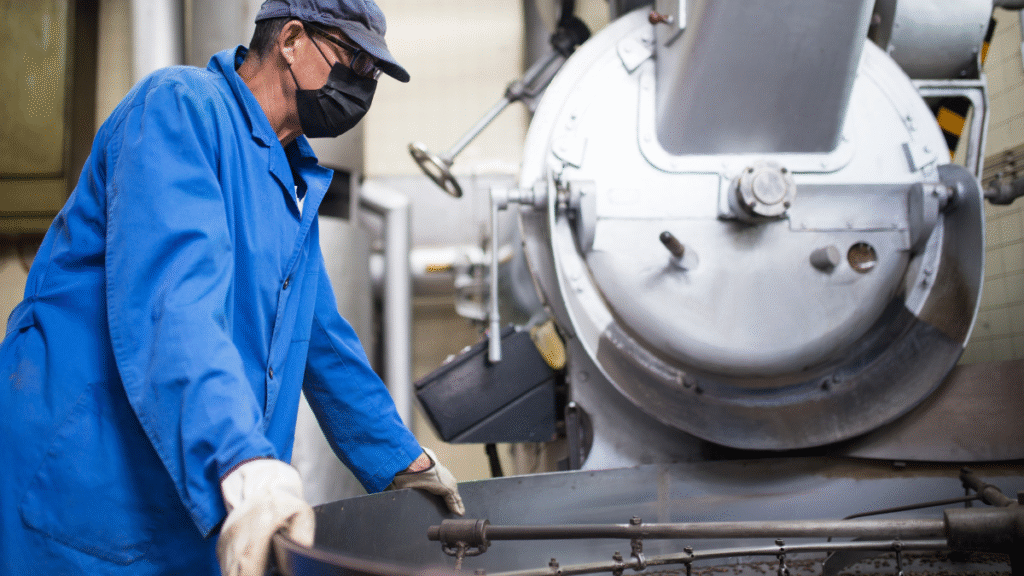In industrial and heavy-duty mechanical systems, performance and reliability depend heavily on the efficiency of hydraulic components. Among these, hydraulic oil seals—though often overlooked—play a critical role in maintaining equipment integrity. A high-quality hydraulic oil seal acts as a barrier, preventing internal fluid leakage while keeping external contaminants from entering the system. Over time, this dual functionality significantly impacts the lifespan, maintenance cycle, and overall health of machinery.
This article explores how high-quality hydraulic oil seals contribute to equipment longevity and why investing in reliable sealing solutions is a crucial decision across sectors such as construction, logistics, waste management, and manufacturing.
The Role of Hydraulic Oil Seals in Machinery
Hydraulic systems operate under high pressure and often in harsh environments. Within these systems, hydraulic oil seals are essential for separating hydraulic fluid from contaminants and ensuring precise control of motion. Their primary functions include:
- Sealing fluid within cylinders or pumps to maintain pressure.
- Preventing dust, dirt, and moisture from penetrating internal components.
- Reducing friction between moving parts and protecting surfaces from wear.
Without a durable seal, fluid leakage can lead to pressure loss, increased energy consumption, and eventual component failure. This chain reaction is not only costly but also leads to operational downtime—an issue many industries cannot afford.
Why Seal Quality Matters
Not all seals are created equal. Low-grade seals are more prone to deformation, cracking, and chemical degradation, especially when exposed to high temperatures or abrasive substances. The material composition, tolerances, and sealing design of a high-quality hydraulic oil seal ensure it maintains performance even in extreme working conditions.
Here’s how quality contributes to longevity:
1. Enhanced Resistance to Wear and Tear
Top-tier seals are manufactured using advanced polymers and elastomers that withstand continuous motion, fluctuating pressure, and thermal cycling. This durability prevents premature wear and reduces the need for frequent replacements.
2. Improved Leak Prevention
Precision-engineered seals offer a tighter fit and superior sealing characteristics, minimizing internal fluid leakage. This ensures consistent hydraulic pressure and reduces the risk of oil contamination, a common cause of cylinder and pump failure.
3. Protection Against External Contaminants
In industries where dust, debris, and moisture are constant threats—such as mining, construction, or waste processing—the seal’s ability to repel external contaminants directly affects system longevity. A compromised seal invites corrosion and abrasive wear, shortening the lifespan of moving parts.
Impact on Maintenance and Operational Efficiency
Machinery breakdowns often stem from minor issues that escalate over time, with seal failure being a leading culprit. Incorporating high-quality hydraulic oil seals into equipment maintenance routines reduces emergency repairs and unplanned downtime. It also allows for:
- Longer service intervals, thanks to decreased component stress.
- Lower maintenance costs, as seal replacements and oil top-ups become less frequent.
- Higher productivity, with equipment staying online longer and performing at optimal efficiency.
Incorporating reliable components from the start, including seals, is a proactive step that reduces reactive maintenance and boosts return on investment (ROI).
Applications Where Seal Quality Is Non-Negotiable
In sectors like logistics, the quality of each mechanical component directly influences operational continuity. For example, dock levelers enhance warehouse operations by providing a stable platform that bridges the gap between a loading dock and a vehicle. These platforms rely on hydraulic mechanisms, which in turn depend on effective sealing. A worn or low-grade seal can lead to hydraulic failure, posing safety risks and causing costly disruptions in day-to-day warehouse activities.
Similarly, hydraulic lifts, compactors, loaders, and heavy trucks must function with minimal interruption. In all these cases, the use of high-quality seals is critical for ensuring safety, reliability, and long-term performance.
The Economics of High-Quality Sealing
While high-performance hydraulic oil seals may have a higher upfront cost, they often deliver long-term savings by extending component life, reducing repair frequency, and minimizing system failures. Industries aiming to maximize equipment utilization should consider sealing as a strategic investment rather than a maintenance afterthought.
When comparing total lifecycle costs, the decision to install a premium seal early can prevent multiple rounds of part replacements, fluid top-ups, and downtime-related expenses later.
To understand the broader capabilities of modern hydraulic sealing solutions, you can explore advanced hydraulic oil seal technologies and services available in the market.
Conclusion
A hydraulic oil seal might seem like a small part in a complex system, but its role in maintaining pressure, preventing contamination, and reducing mechanical wear is irreplaceable. Choosing a high-quality seal means safeguarding your equipment against early failure, lowering maintenance overhead, and ensuring consistent performance in demanding industrial environments.
As machinery becomes more sophisticated and operating costs rise, the emphasis on using durable, reliable components—starting with the humble hydraulic oil seal—will only grow. For maintenance engineers, procurement managers, and plant operators, the message is clear: better seals mean longer life, better performance, and a healthier bottom line.







